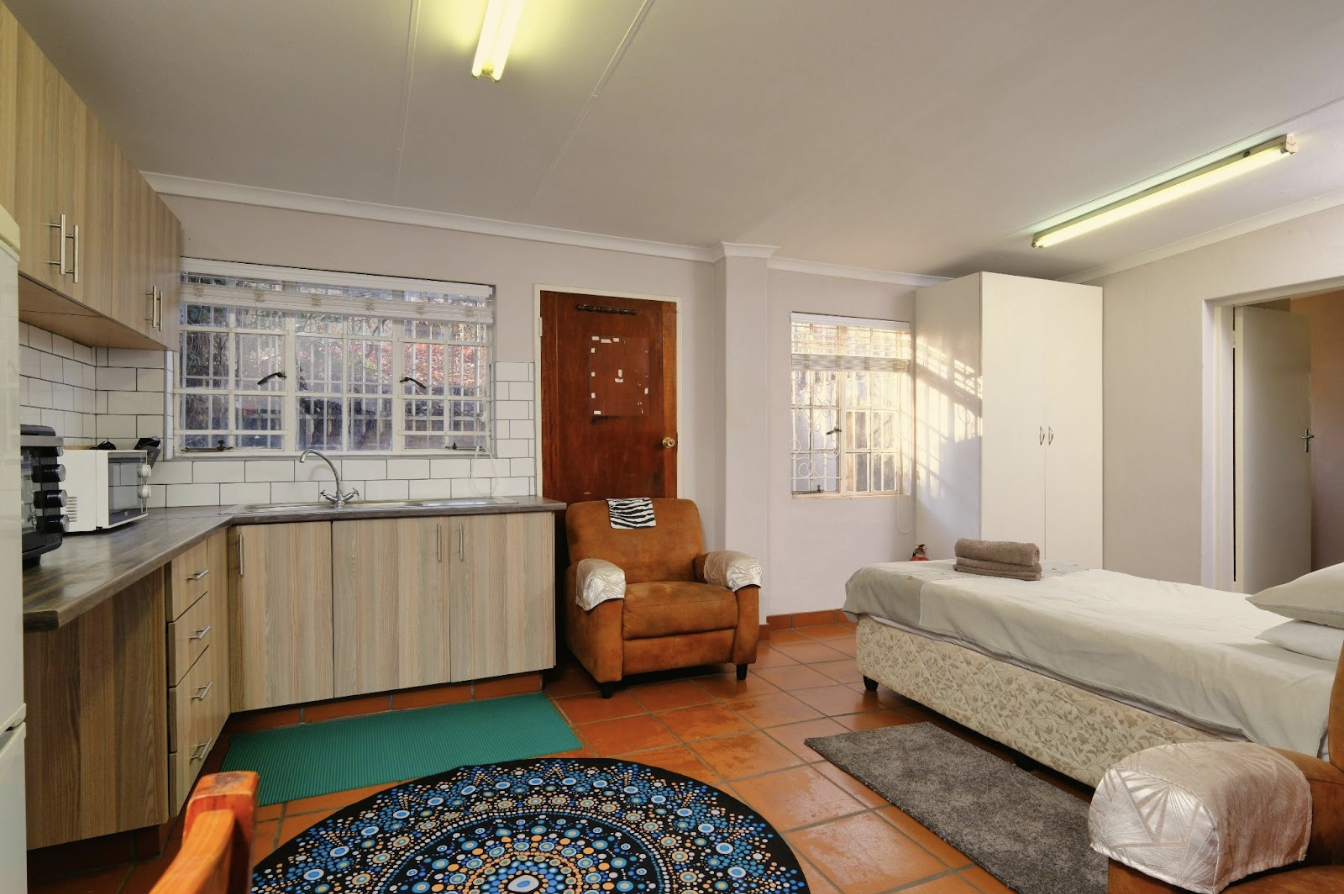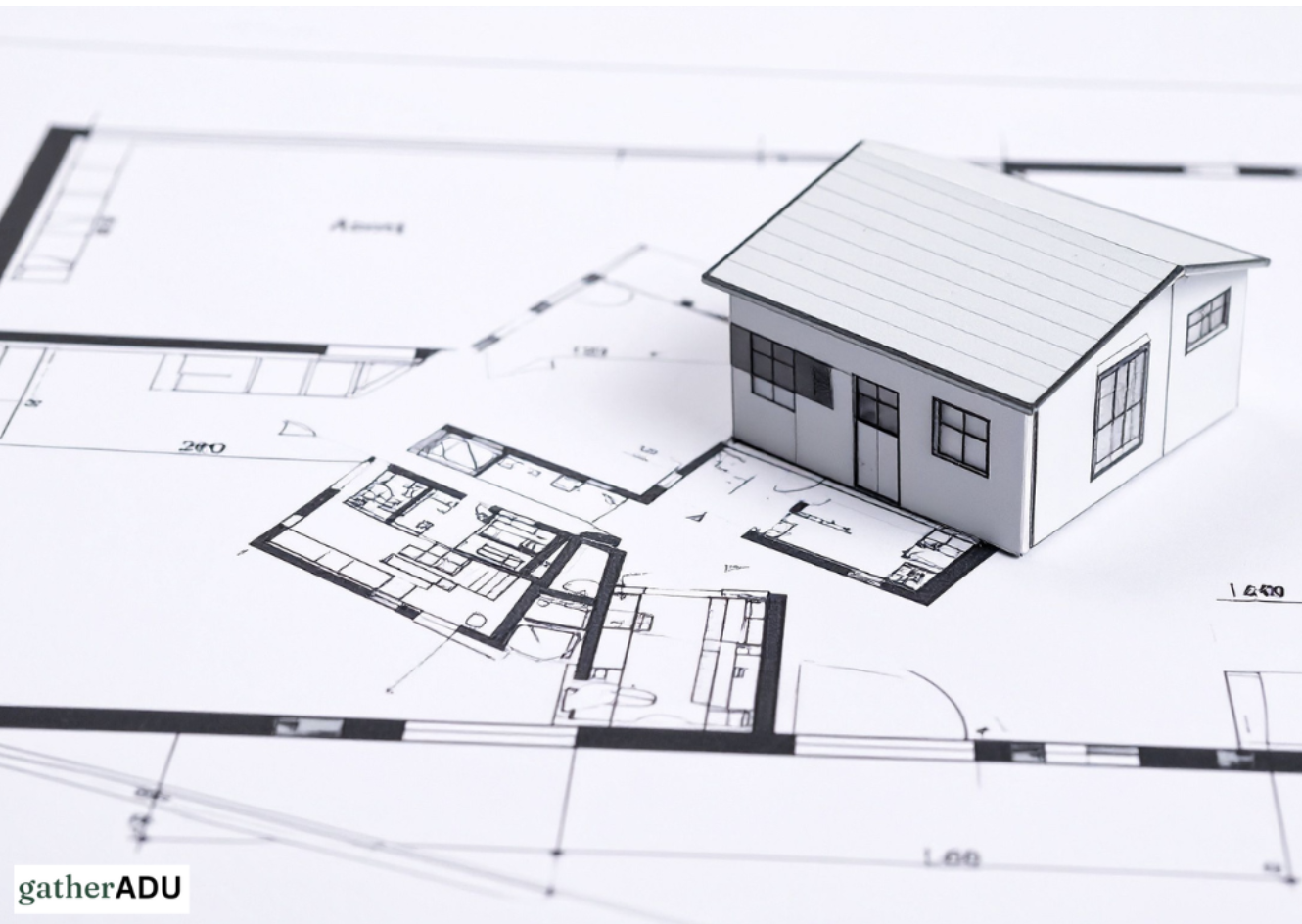In the heart of Chattanooga, a new wave of urban development is taking shape, aimed at tackling the city's housing crisis head-on. With the recent approval by the Chattanooga City Council of a groundbreaking ordinance, homeowners now have the green light to add accessory dwelling units (ADUs) to their properties under certain conditions. But what does this mean for you as a homeowner? This comprehensive guide dives into everything you need to know about building an ADU in Chattanooga, from regulations and building codes to the benefits and challenges of adding one to your property.
Introduction to ADUs in Chattanooga
The Chattanooga City Council's decision to permit the construction of ADUs on single-family lots is a pivotal moment in the city's ongoing efforts to increase affordable housing availability. ADUs, which include in-law suites, carriage houses, and granny flats, provide a unique solution to the city's shortfall of over 5,000 housing units. Mayor Tim Kelly emphasizes that this initiative is designed to help keep Chattanooga affordable for its residents while preserving the character of its neighborhoods.
According to the new ordinance, ADUs must adhere to specific size and location restrictions. They are capped at 700 square feet and cannot occupy the front yard setback. Height restrictions also apply, depending on the size of the primary residence. This move is part of a broader strategy outlined in Mayor Kelly's One Chattanooga plan, which includes significant investment in affordable housing and a comprehensive redesign of the city's zoning codes.
Contact with our ADU expert
Understanding ADU Regulations and Building Codes

Permitted Use:
ADUs are permitted in any zone that allows single-family detached dwellings.
ADUs can occupy conforming accessory structures or lawfully created non-conforming primary residential structures.
Only one ADU is permitted per principal dwelling unit, not in association with townhouses, duplexes, or condominiums.
Ownership:
The ADU must be owned by the same property owner(s) as the principal dwelling unit.
Subdivision or separate ownership of the ADU is prohibited.
Conversion to a horizontal ownership regime or fee simple condominium is not allowed.
Height and Area Regulations:
Detached ADU: 24 feet or two stories maximum height, not exceeding the principal dwelling's height if one-story.
Attached ADU: Cannot exceed the zone's maximum height or the principal dwelling's height.
One ADU is permitted per single-family detached dwelling per lot.
Location and Setbacks:
ADUs must be located on the same lot as the principal dwelling unit.
Detached ADUs: Permitted in rear or side yards only, not in front yard setbacks.
Attached ADUs: Must meet the principal structure's setback requirements for the zoning district.
Size and Massing:
Detached and Attached New Construction ADUs: Maximum 700 square feet gross area, including conditioned sleeping lofts and stairwells.
ADU Conversions: Minimum 700 square feet if converting an existing portion of the principal dwelling or accessory structure.
Pedestrian Access and Parking:
Safe, direct, and convenient pedestrian access to the ADU entrance may be required.
No minimum on-site parking requirement for ADUs, but existing required parking for the principal dwelling must be maintained or replaced on-site.
Home Occupation:
Home occupations are allowed in either the ADU or the principal dwelling unit, but only one per lot.
Design Standards:
Shipping containers and recreational vehicles are not permitted as ADUs.
ADUs must have a permanent foundation.
ADUs must follow design standards applicable to single-family detached houses.
Exterior staircases for attached ADUs cannot be located on the front façade.
ADUs must have a separate entrance on the side or rear yard, except for certain exceptions.
Contact with our ADU expert
Non-Conforming/Historic ADUs:
Non-conforming or existing ADUs constructed before the adoption of these regulations may continue to exist if brought up to applicable building, fire, and municipal codes.
Success Stories: ADU Projects in Chattanooga

In Chattanooga, a family faced the challenge of accommodating aging relatives while maintaining privacy and independence for all. They decided to address this by constructing an Accessory Dwelling Unit (ADU) on their property. With the help of a local contractor, they built a charming cottage in their backyard. This cozy space provided a comfortable and accessible home for their relatives, fostering a deeper sense of family closeness. For the elderly couple, being close to their family provided a sense of security and companionship, while the main family appreciated the opportunity to care for their relatives while preserving their own autonomy. The ADU project enriched their family life and served as a model for multi-generational living, demonstrating the transformative impact ADUs can have on families in Chattanooga and beyond.
another family sought to generate extra income by constructing an Accessory Dwelling Unit (ADU) on their property. They converted their detached garage into a modern apartment with the help of a local builder. This stylish space quickly attracted renters seeking affordable housing options in the area. A reliable tenant, drawn to the convenience and charm of the ADU, soon occupied the apartment. The rental income not only covered construction and maintenance costs but also provided a steady source of additional revenue for the family. Over time, the ADU became a valuable asset, contributing to the family's financial stability. This story highlights how ADUs can offer homeowners in Chattanooga a sustainable source of income while meeting the community's housing needs.
The Benefits of Adding an ADU
The benefits of constructing an ADU on your property are manifold. Beyond the obvious advantage of contributing to the city's affordable housing stock, ADUs can offer homeowners additional income through rental opportunities. They also provide flexible living space for family members or can be used as home offices, studios, or guesthouses.
Overcoming Challenges
While the prospect of adding an ADU to your property is exciting, it's not without its challenges. Navigating the permitting process, adhering to building codes, and managing construction costs can be daunting. However, with careful planning and the right team in place, these hurdles can be successfully overcome. Contact with our ADU expert
Frequently Asked Questions
Ownership and Subdivision?
ADUs cannot be subdivided or separated from the ownership of the principal dwelling unit's property.
Under no circumstances can an ADU be converted to a horizontal property regime or fee simple condominium.
Number of ADUs Permitted?
One ADU is permitted per single-family detached dwelling on a property.
Owner Occupancy Requirement?
There is no requirement for the property owner to live on-site, unless specified by private covenants or homeowner association rules.
Rental Regulations?
ADUs can potentially be used for long-term rentals (over 30 days) without a permit, unless restricted by private covenants or homeowner association rules.
Short-term vacation rentals may require a permit from the Land Development Office and potential rezoning if non-owner occupied.
Tiny Homes as ADUs?
Tiny houses on wheels are not permitted to be used as ADUs.
ADUs must be between 200-800 square feet in size and constructed on a permanent foundation.
Historic Districts?
ADUs are permitted in local historic districts but require approval from the Historic Zoning Commission, including a Certificate of Appropriateness, in addition to other necessary permits.
Building Permit Process?
Applicants can schedule a pre-submittal meeting with the Land Development Office to discuss the permit process, codes, and fees.
Applications are submitted through an online permitting portal, and paper applications are no longer accepted.
Plan review and approval typically take 5-10 business days, but may vary depending on the number of permit applications.
Inspections?
After obtaining a permit, inspections can be requested at least 24 hours in advance through the online portal.
Inspection availability may vary, but typically can be scheduled for the next business day after the request is received.
Concurrent Construction?
It is permissible to build a new primary dwelling and an ADU simultaneously, with separate permits required for each unit.
Contact with our ADU expert
Final Thoughts
The ability to build an ADU in Chattanooga represents a significant opportunity for homeowners to enhance their properties and contribute to the city's affordable housing efforts. By understanding the regulations, engaging with the process, and exploring the potential benefits, you can make an informed decision about whether an ADU is the right addition to your home.
Considering the construction of an ADU in Chattanooga? Remember, this initiative not only offers a chance to increase your property value but also plays a crucial role in fostering a more inclusive and affordable city for all residents.



